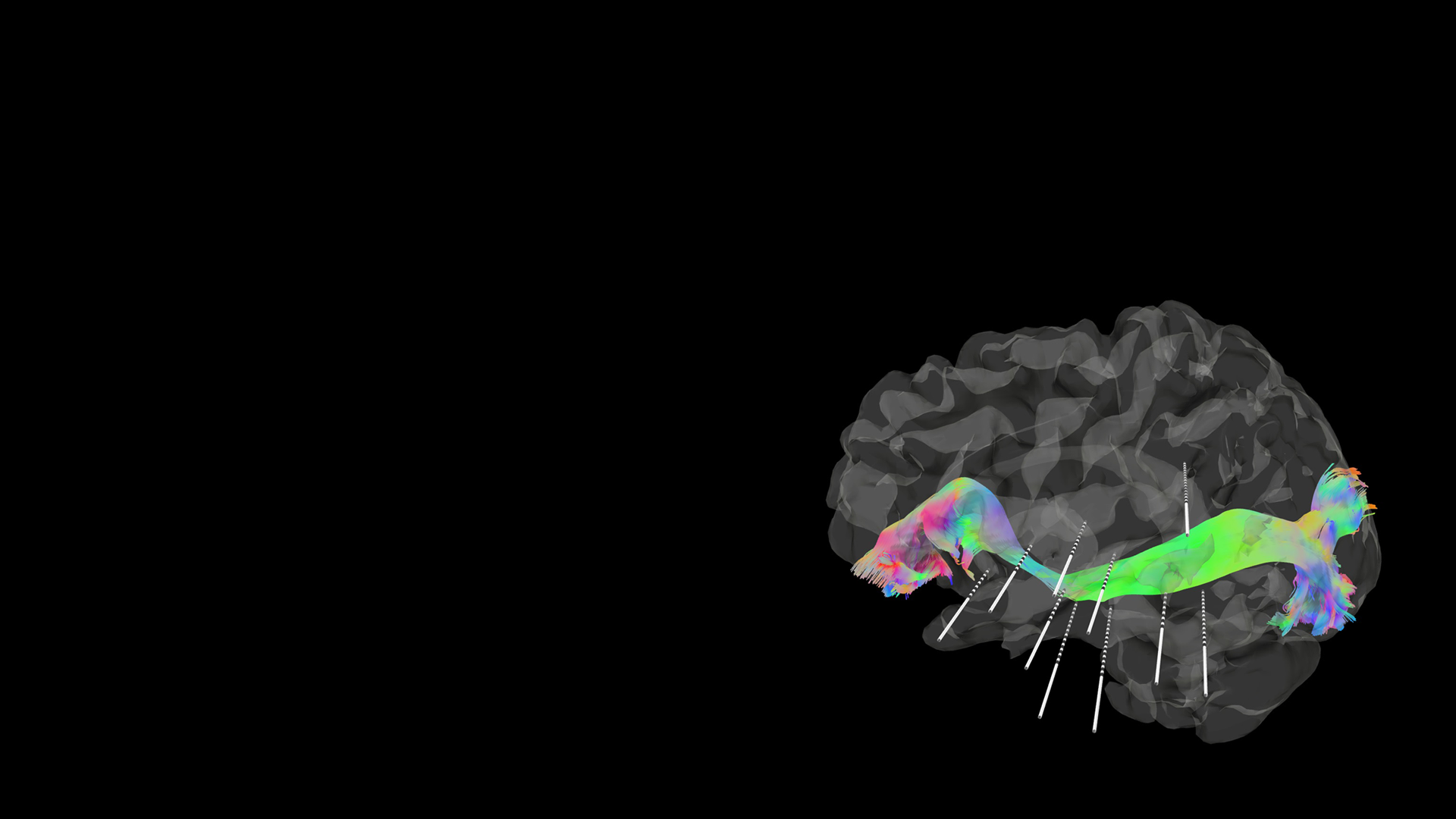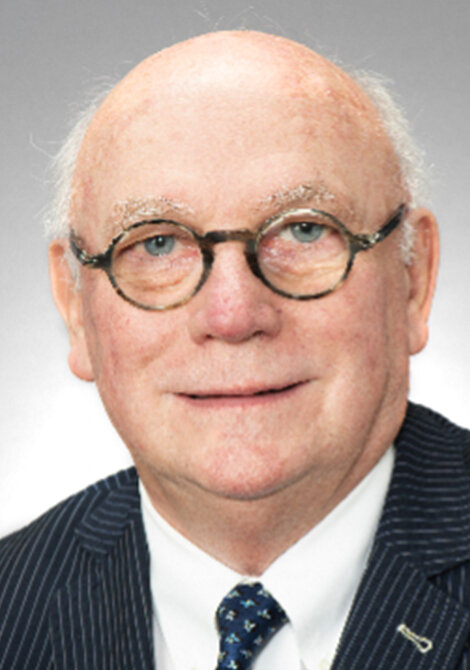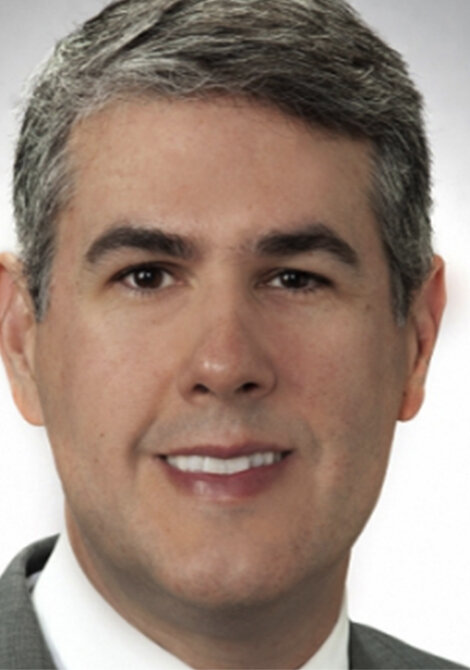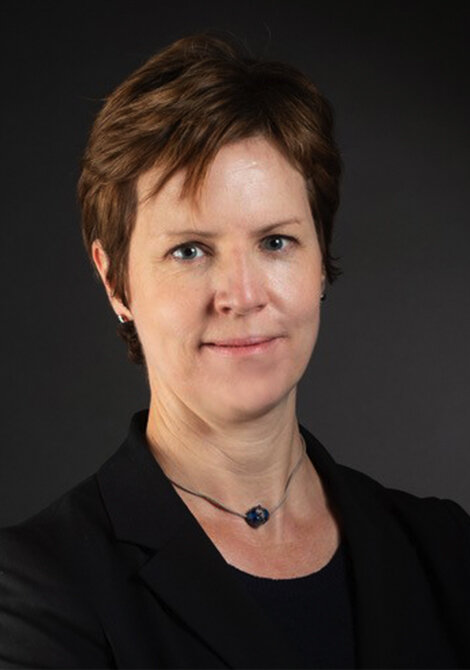
Advisory Committee

Patrick Chauvel, MD
Chair

Patrick Chauvel, MD
Professor
University of Pittsburgh Medical Center and Aix-Marseille University
After achieving his medical and scientific studies in Neurology and in Neuroscience, Dr. Chauvel became an INSERM researcher. At that time, he began his work in experimental and later clinical research into the mechanisms of the epilepsies. Under the mentorship of Talairach and Bancaud at Hospital Sainte-Anne/University René Descartes, Paris, he developed SEEG as a presurgical method in epilepsy surgery. His research work has been devoted to the pathophysiology of the epileptogenic zone, emergence of seizure clinical semiology, and cerebral cortex physiology.
He has promoted the concept of epileptogenic network over the classical epileptic focus idea and opened new vistas in markers of the epileptogenic zone and semiology of focal epilepsies. Taking over from Jean Bancaud, Dr. Chauvel served as the Director of the SEEG Unit in Hospital Sainte-Anne in Paris (1986-1990), then Professor and Chairman of Neurology in Rennes (1990-1997) where he configured a new type of Epilepsy Unit including research, then Professor and Chairman of Clinical Neurophysiology and Director of the INSERM Institute of Systems Neuroscience in Marseille (1997-2014).
In 2014, he relocated to the Epilepsy Center of the Cleveland Clinic in order to promote the development of presurgical investigation using SEEG in North America. He was appointed as Professor of Neurology at the Cleveland Clinic Lerner College of Medicine of Case Western Reserve University. In Brisbane, as Honorary Professor at the University of Queensland, he guided developing SEEG-based epilepsy surgery and related research program.
He is currently Professor of Neurology at the University of Pittsburgh, and Professor Emeritus of Physiology at Aix-Marseille University.
He is the author of more than 250 original articles in international journals and is a member of several international Scientific and Medical Societies. He has been elected as a Member of the Royal Academy of Medicine in Belgium.

Guy McKhann, MD
Chair

Guy McKhann, MD
Professor
Columbia University Irving Medical Center
Dr. McKhann is the Director of Epilepsy Surgery, Brain Mapping for Tumors and Epilepsy, and Adult Hydrocephalus at Columbia University Irving Medical Center/New York Presbyterian Hospital. He has over 20 years of experience at CUIMC/NYP, combining clinical skill and compassionate care to maximize patient outcomes. He is a member of both the Columbia P&S Virginia Apgar Academy of Medical Educators and the P&S Academy of Clinical Excellence. His areas of particular technical expertise include awake brain mapping; epilepsy surgery; low grade glioma surgery; minimally invasive, computer guided microneurosurgery; and stereotactic laser ablation for tumors and epilepsy.
Dr. McKhann also works as a translational neuroscientist, directing the Epilepsy Neurophysiology Laboratory; helping lead the multi-departmental study of Cognitive Neurophysiology together with Catherine Schevon MD, Ph.D. and Charles Schroeder, PhD; and collaborating extensively with the Gabriele Bartoli Brain Tumor Research Laboratory. His basic and clinical research has been funded by the National Institutes of Health, the American Association of Neurological Surgeons, the Klingenstein Foundation, the Charles A. Dana Foundation, the New York Academy of Medicine, Parents Against Childhood Epilepsy, the Irving Center for Clinical Research, CURE, and the Tuberous Sclerosis Alliance.
Dr. McKhann graduated Phi Beta Kappa and Magna Cum Laude from Duke University, with Research Honors for his investigations into brain tumor immunobiology. He attended Yale School of Medicine where he was AOA, Cum Laude, a Farr Scholar, and one of five recipients of the medical school’s highest thesis award. Dr. McKhann trained in Neurological Surgery at the University of Washington, as well as Atkinson Morley’s Hospital in Wimbledon, England.

Jorge Gonzalez-Martinez, MD, PhD

Jorge Gonzalez-Martinez, MD, PhD
Professor
University of Pittsburgh Medical Center
Dr. Gonzalez-Martinez is a board-certified neurosurgeon subspecialized in epilepsy and functional neurosurgery. He is the director of the epilepsy and movement disorders surgery, Co-Director of the Epilepsy Center and Director of the Cortical Systems Laboratory at the University of Pittsburgh Medical Center.
Dr. Gonzalez is a world-renowned surgeon who have published more than 200 peer-reviewed articles and book chapters related to epilepsy surgery and methods of brain mapping for patients with medically intractable epilepsy and movement disorders. He has been serving the American Society of Stereotactic and Functional Neurosurgery in the capacity of member of the executive committee for the last 6 years, developing high relevant projects and topics related to the field of functional neurosurgery and epilepsy.
Dr. Gonzalez is a medical pioneer in novel surgical methods for treating medically refractory seizures such as stereo-electroencephalography, SEEG guided laser ablative procedures, neuromodulatory interventions and robotic guided surgeries, bringing for the first time innovative surgical interventions to the United States and other countries. His particular field of interest and academic drive is related to neuro-electrophysiology, intracranial signal processing and behavioral neuroscience studies.
Combined, the clinical and basic science efforts have been guiding his academic and clinical pathway for safer and more efficient methods for treating patients with severe seizures and abnormal movement disorders, promoting the improvement of symptoms, in combination with better functional and quality of life outcomes.

Aileen McGonigal, MD, PhD

Prof. Aileen McGonigal, MD, PhD, MRCP
Neurologist
Director of Epilepsy Unit, Mater Hospital and University of Queensland, Brisbane, Australia
Neurologist with extensive specialist experience in epileptology and EEG, including stereo-EEG. Following UK neurology training, Prof McGonigal spent around 20 years in France where she studied and practised stereo-EEG methodology, contributing to its evolution through clinical research. Her research interests include seizure semiology and its neural correlates, and she has written and lectured widely on these. She took up her current post in Australia in 2022, and continues to develop use of stereo-EEG with an associated clinical research programme.
